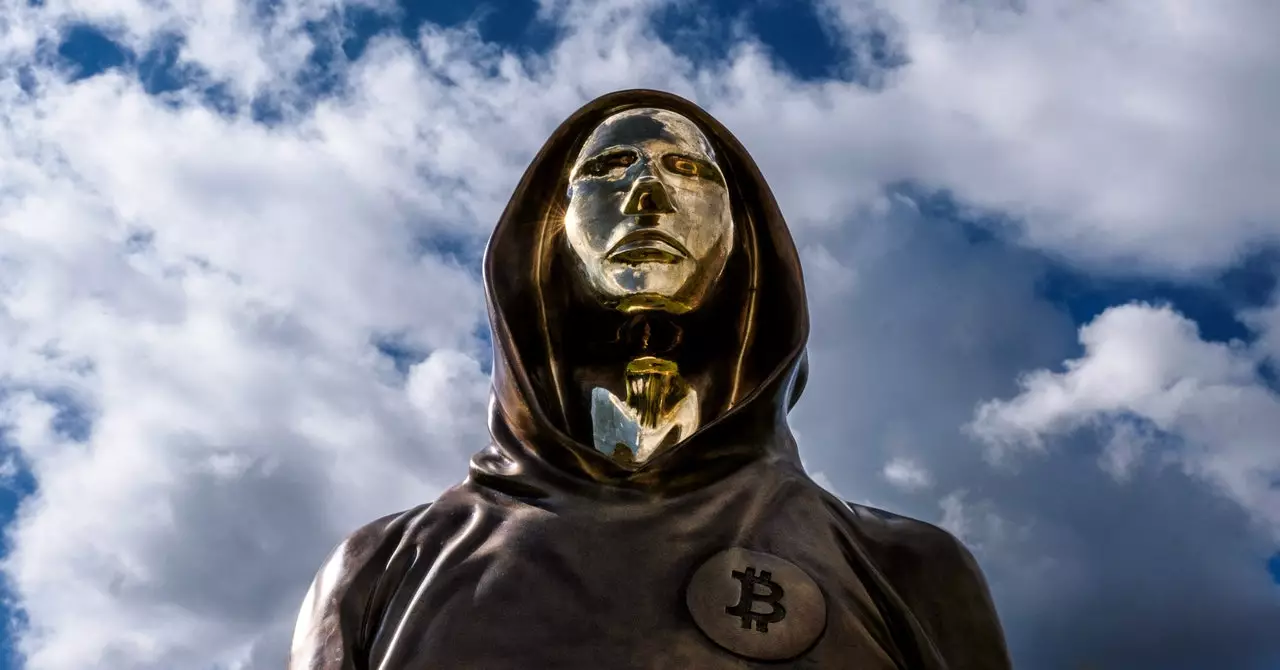In the world of cryptocurrency, few mysteries have sparked as much intrigue as the true identity of Satoshi Nakamoto, the pseudonymous creator of Bitcoin. This mystery is poignantly explored in Cullen Hoback’s recent HBO documentary, *Money Electric: The Bitcoin Mystery.* One of the standout moments in the film occurs when Peter Todd, a noted Bitcoin developer, is confronted with the notion that he might be Satoshi. Todd’s nonchalant response, mixed with humor and skepticism, encapsulates the absurdity that often surrounds this elusive figure, as he calls the accusation “ludicrous.” His confidence, however, is not simply bravado—it’s reflective of a broader sentiment shared among many in the cryptocurrency community, which views the speculation surrounding Nakamoto’s identity as both entertaining and ultimately futile.
The ongoing quest to identify Bitcoin’s creator has produced a circus of contenders, each possessing unique traits and contributions to the cryptocurrency space. Figures like Hal Finney, Adam Back, and Nick Szabo have all been implicated at various points in the speculation carousel. This extensive pool of potential candidates only solidifies the enigma of Nakamoto. Todd aptly notes a fascinating paradox: despite a multitude of theories and characters proposed as Satoshi, no single candidate has garnered unanimous consensus among enthusiasts or experts alike. This phenomenon raises critical questions about the nature of authorship in the realm of technology—does having a recognized founder provide clarity or stifle innovation?
Interestingly, media outlets have played a crucial role in shaping the narrative around Nakamoto. In December 2015, both WIRED and Gizmodo put forth Australian academic Craig Wright as a likely candidate for the Satoshi identity. This revelation was initially grounded in leaked documents, which suggested Wright’s involvement in the creation of Bitcoin. However, subsequent investigations by WIRED revealed inconsistencies, resulting in a retraction of their support for his claims. The saga culminated in a UK court ruling that definitively stated Wright is not Satoshi, thereby reinforcing the cryptic nature of Nakamoto. This evolution of reporting reflects the unpredictable relationship between journalism and the cryptocurrency world, where speculative narratives can rapidly shift as new information comes to light.
The Community’s Fascination with Satoshi
The obsession with Satoshi Nakamoto is not merely a quest for truth; it also reflects deep-seated psychological and philosophical questions about authority and legacy in a decentralized ecosystem. The allure of a single creator is tangled with a desire for attribution and control, a sentiment echoed by many within the Bitcoin community. Yet paradoxically, many enthusiasts argue that the mystery surrounding Nakamoto is fundamentally beneficial to the ethos of Bitcoin itself. They assert that the absence of a visible leader allows Bitcoin to thrive as a decentralized currency, free from the limits posed by individual egos or agendas.
Furthermore, this mysterious vacuum fosters a unique culture, where the phrase “Everyone is Satoshi, and nobody is Satoshi” captures the core belief among crypto proponents. They argue that such a mindset promotes egalitarianism within the community, with the ideology that no one person’s vision can overshadow collective growth and innovation.
The search for the identity of Bitcoin’s creator remains a captivating story, filled with intrigue, humor, and philosophical implications. Characters like Peter Todd symbolize a community mindset that often borders on the absurd when faced with the increasing noise of speculation. The legacy of Nakamoto is not merely about establishing a name but rather about the ideals and revolutionary changes that Bitcoin embodies. As Hoback’s documentary illustrates, perhaps the true essence of Satoshi Nakamoto lies not in the identity of a single person, but rather in the powerful, decentralized network that his creation has generated. The lack of a definitive answer may ultimately serve to enhance the mythos of Bitcoin, perpetuating the very spirit of innovation and collective ownership that fuels its ongoing evolution.

